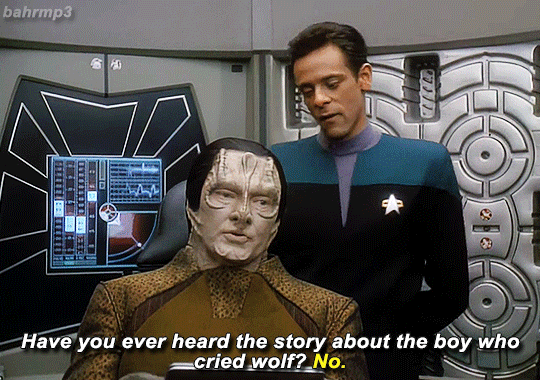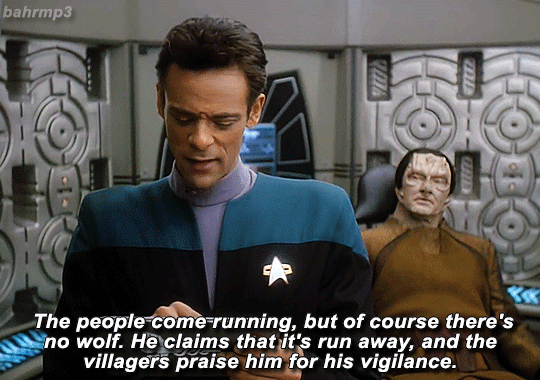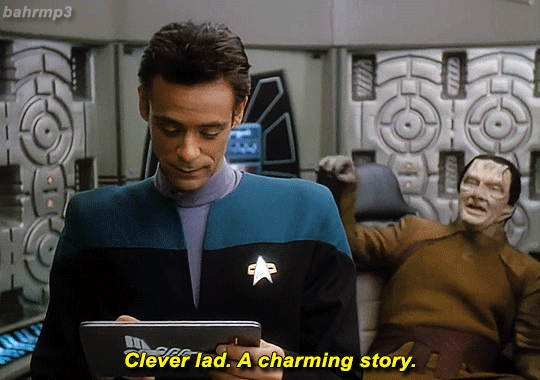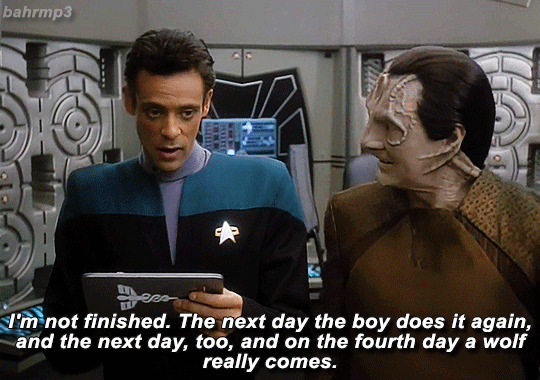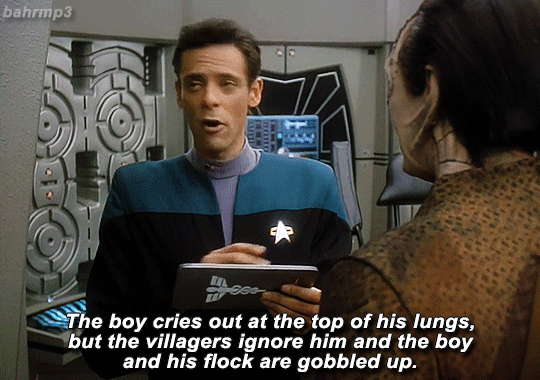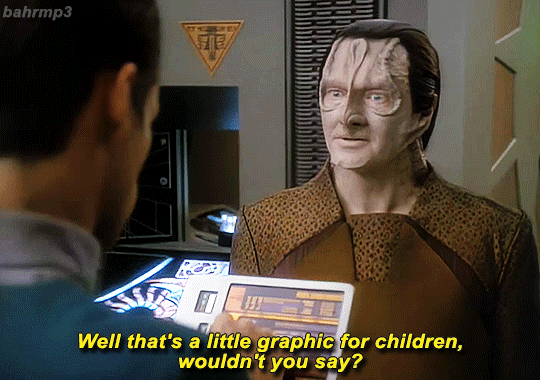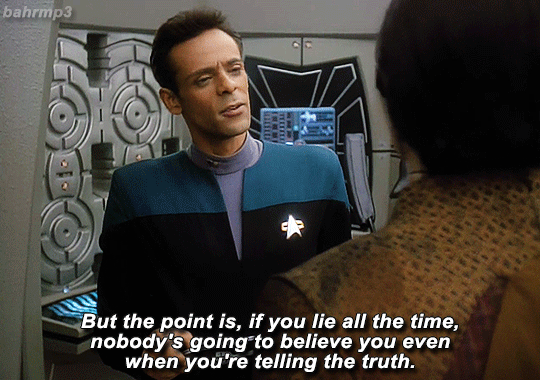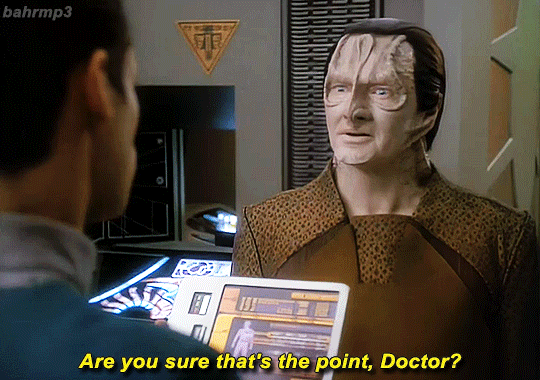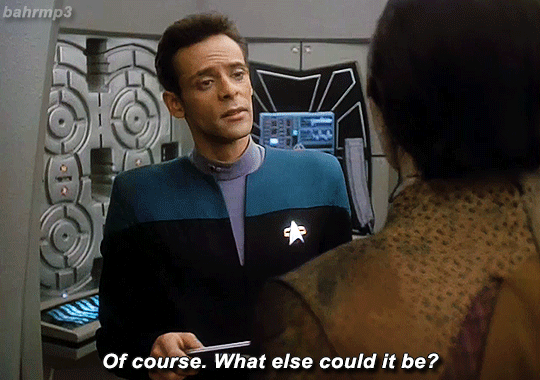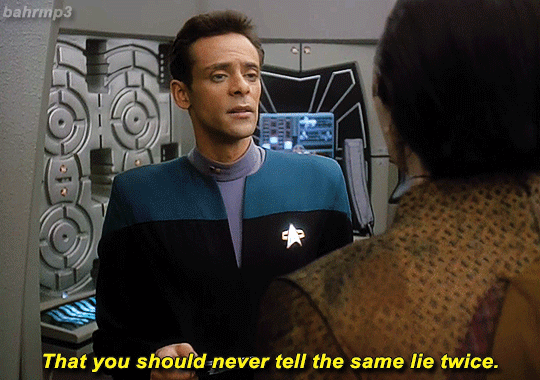Linguist, conlanger, general geek..
Last active 60 minutes ago
Don't wanna be here? Send us removal request.
Text

Indian Pygmy Pipistrelle, photographed by Phil Myers, (source)
292 notes
·
View notes
Text
Wanted to post separately but this post about foreign accents in kids' films, and I think that the thing to remember is the primary audience for these films is American, and -- especially for Disney -- when they are appealing to a certain non-American demographic, it's usually immigrant families.
Think of Encanto. It nominally takes place in Colombia, but Mirabel and all the Madrigal kids in her generation have American accents, while older family members and people in the village have Hispanophone accents.
Some others are a little more complicated. It seems from what I can quickly check that the main cast of Moana are Polynesian or Austronesian (Unless you count Heihei), but those people mostly lived colonized areas or grew up in immigrant communities, so it seems to be a mix of American and New Zealand accents with only Grandma Tala reading as noticeably foreign (reading subjectively -- I'm not familiar with New Zealand dialects, but I wouldn't be surprised to find the accent she used is common to some Māori who are still native English speakers -- like Reservation English in the US).
And we have some that are explicitly about immigrant families, like Turning Red, where it would be natural for Mei to have a Canadian accent (though I don't recall any specifically Canadian features -- it reads pretty American) and her family to have Cantonese-influenced accents.
But overall the whole thing of the hero having an American accent is just a thing in kids' movies -- particularly Disney ones -- going back a while. Mulan (she and Li Shang sound American, everyone else vaguely Chinese stereotype), Beauty and the Beast (Most people have American accents except a few highly stereotyped French ones). etc. It's just US centrism, and frankly it's more notable when the pattern is broken (like in Brave, where everyone is clearly Scottish).
2 notes
·
View notes
Text

Public land selloff is OUT of the Big Beautiful Bill, as the parliamentarian rules it not compliant with the Byrd rule.
Several other sections also killed
242 notes
·
View notes
Text
''read outside your culture as well, even if it's just the state/city/country next door that you've never been to."
Seriously wondering how a person could do much reading at all if they only read works produced in their own city.
This might be unpopular but I’m not going to use simpler vocabulary in my writing if it’s out of character for the narrator. If my POV character is a botanist, he’s going to call a plant by its name. If you don’t know what it is you can either Google it or move on just knowing it’s a plant of some sort.
I don’t like this trend of readers being angry that not everything is 100% understandable for them. I want my characters to be believable as people and sometimes people use words people outside of their field will not understand. That’s not a bad thing.
You don’t have to understand every word to get the gist of what’s happening. I’m not going to slow down an action scene to describe every weapon because someone might not know them by name. They can just assume it’s a weapon because that makes sense in the context of the scene.
52K notes
·
View notes
Text

Wait…
They didn’t even change the name back yet?
They announced that they’re going to change the name?
Did they do that the first time, because this change is far less confusing. Just do it and say you were formerly Max.
6 notes
·
View notes
Text
So the comma decimal is pretty common in Europe. Spanish does it, too, and I think French as well.
There is a solution in scientific writing to use a space for the thousands separator, so instead of 1,000.23 or 1.000,23, you get 1 000.23.
Of course, if you wanna get truly international about it, all of these are biased because some languages separate by four powers of 10 rather than 3.
okay who can tell me why Germany (and Russia?) use comma as a decimal separator and who do I have to kill to make them stop, why didn't America fix this in 1945, this is far worse than the failure to complete denazification given that those guys were all gonna die eventually anyway but this bloody numeric format is still with us
69 notes
·
View notes
Text


i love this website i just feel at home here you know
#I look at this and think#my daughters are going to get weird feelings about numbers#from watching numberblocks
51K notes
·
View notes
Video
1 second of every star trek tos episode enjoy
#marveling at the amount of work that went into 1:43 seconds of video#that's a lot of episodes to go through#and find the right 1-second clip
44K notes
·
View notes
Text
please stop writing "viscous" when you mean "vicious", it produces the weirdest mental images ever
162K notes
·
View notes
Text

Scientists have just discovered some rocks at the bottom of the ocean can make oxygen... and they do it in complete darkness!
These aren’t magic stones, they’re polymetallic nodules, potato-sized metal lumps packed with manganese, cobalt, and nickel.
But here’s the twist; when seawater flows over their surfaces, they generate tiny electric currents that can split water molecules into hydrogen and oxygen. No sunlight, no photosynthesis, just deep-sea chemistry creating breathable gas in the pitch black.
This “dark oxygen” could explain how deep-sea creatures survive in low-oxygen zones far from the surface. What's even wilder is that if this can happen on Earth, it could be happening right now in the hidden oceans of Europa or Enceladus, two icy moons that scientists think might host alien life.
32K notes
·
View notes
Text
Update: It's called that because the acorns don't have stalks.
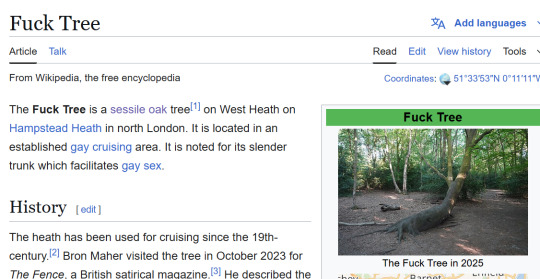
happy pride month to the fuck tree I guess
36K notes
·
View notes
Text
Meanwhile, I was so confused about the phrase "sessile oak tree" because like... all trees are sessile? As in they are rooted in place and don't move of their own accord?
But apparently there's a species that's just called that.

happy pride month to the fuck tree I guess
36K notes
·
View notes





